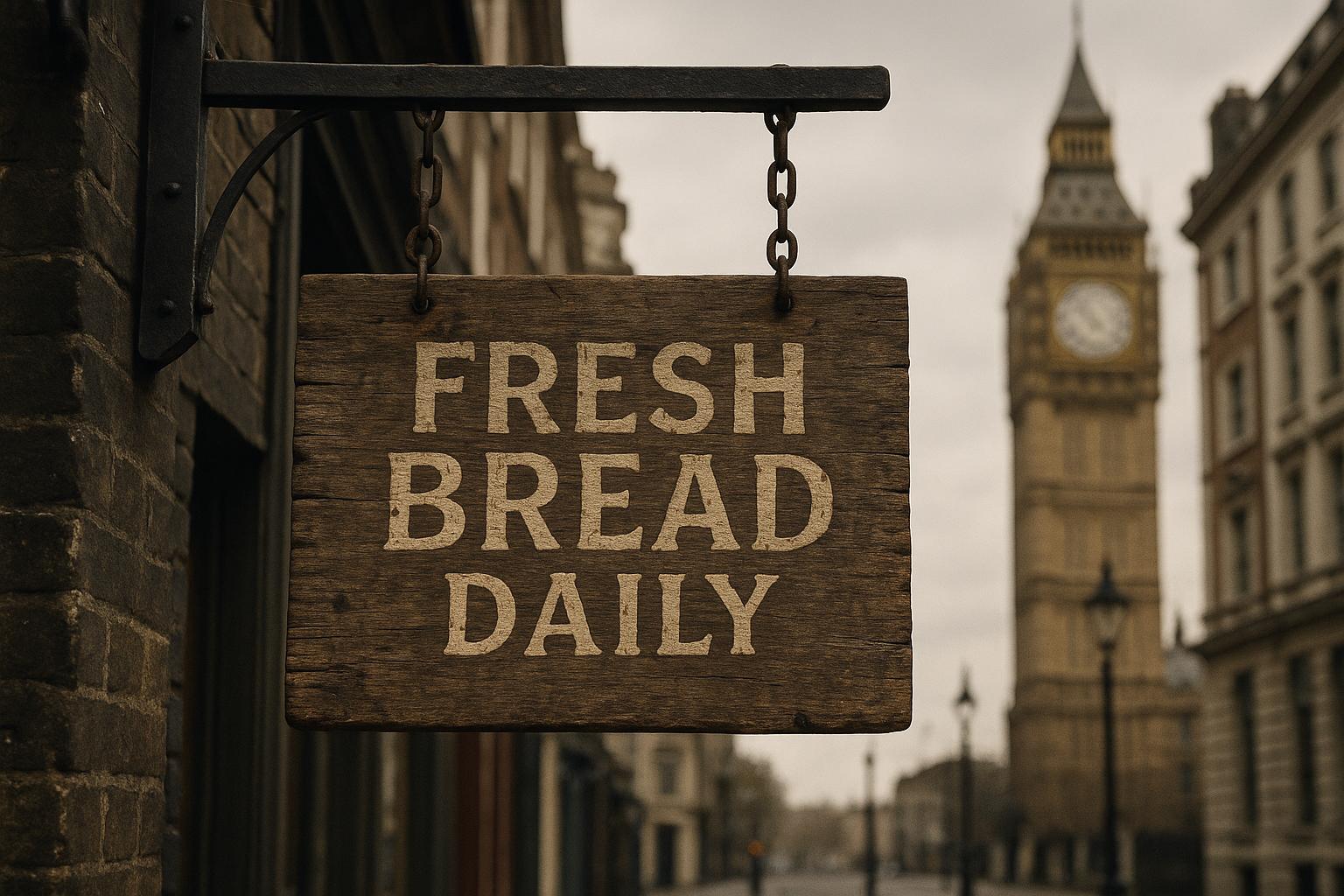A bakery chain that has sparked considerable debate among Londoners has recently been named the best of the year at the prestigious Baking Industry Awards for 2025. Gail’s, a rapidly expanding bakery chain, secured the Bakery Retailer of the Year title for its efforts to make “exceptional craft baking a part of every community.” The award highlights the brand’s growing footprint with more than 30 new locations opening across the country, cementing its presence particularly in London.
Yet, despite the accolade from industry judges, Gail’s continued expansion has not been universally welcomed in the capital. In areas such as Stoke Newington, the arrival of new Gail’s outlets has divided opinion among residents and local businesses alike. Long-standing independents, such as the owners of Camia Deli located opposite a new Gail’s site, have voiced concerns about the impact of corporate chains moving into neighbourhoods historically dominated by independent traders. One co-owner remarked, “I’m not happy they’re moving in, but I have to accept the change,” reflecting a reluctant acceptance of broader shifts in the high street landscape.
This tension is echoed across London. In Walthamstow Village, over 1,700 residents signed petitions opposing Gail’s new bakery, fearing the chain may overshadow smaller independent shops and alter the community’s unique character. Petitioners emphasised the importance of preserving local business diversity and warned that corporate chains’ marketing power and scale could negatively affect foot traffic and visibility for existing shops. Despite this opposition, Gail’s proceeded with plans to open in Walthamstow, scheduled for October 2024, underscoring the competing interests of business growth and community preservation.
Conversely, some local areas have warmly embraced Gail’s expansion. In Streatham, residents described the opening of a new Gail’s store as “the best thing that could have happened,” highlighting how opinions remain divided and often hinge on individual community dynamics.
A spokesperson for Gail’s has sought to address these concerns by framing the chain’s approach as one that complements diverse high streets. They noted, “A healthy high street is one with a diversity of quality offers each delivering their best. High streets evolve over time, and we open our bakeries often in closed banks or restaurants, improving the landscape of the high street.” This perspective suggests that Gail’s sees itself as revitalising spaces and adding to the variety available to consumers rather than solely competing with independent businesses.
Beyond local controversy over expansion, Gail’s has also faced criticism for its pricing strategies. The bakery’s ‘Waste Not’ initiative, aimed at reducing food waste by repurposing day-old pastries, drew complaints after it was revealed the chain charged an additional £1 for ‘twice-baked’ almond chocolate croissants made from day-old pain au chocolat. While the initiative was intended to champion sustainability, some customers questioned the wisdom of charging more for what started as unsold goods, viewing it as an exploitative practice.
Despite these mixed reactions, Gail’s continued growth and recognition at the Baking Industry Awards underscore a significant presence in the UK bakery market, making it a prominent case study in the evolving relationship between large chains and local communities.
📌 Reference Map:
- Paragraph 1 – [1] (MyLondon)
- Paragraph 2 – [1] (MyLondon)
- Paragraph 3 – [1] (MyLondon), [2] (Evening Standard)
- Paragraph 4 – [4] (Evening Standard), [5] (Evening Standard)
- Paragraph 5 – [1] (MyLondon)
- Paragraph 6 – [1] (MyLondon), [5] (Evening Standard)
- Paragraph 7 – [3] (Evening Standard), [6] (Evening Standard), [7] (Evening Standard)
Source: Noah Wire Services
